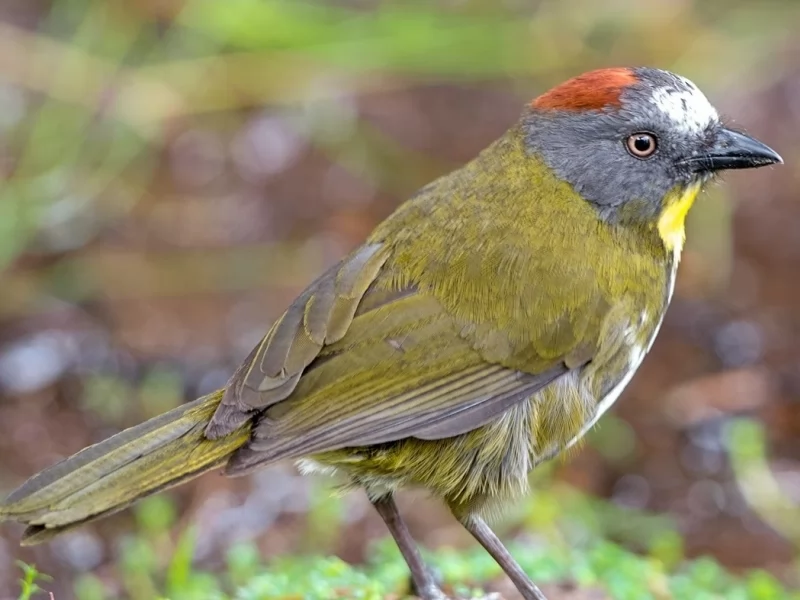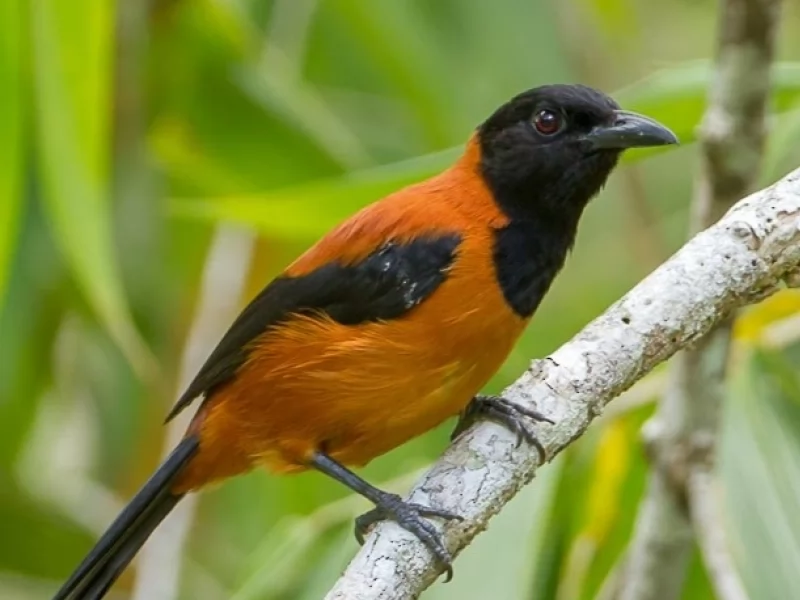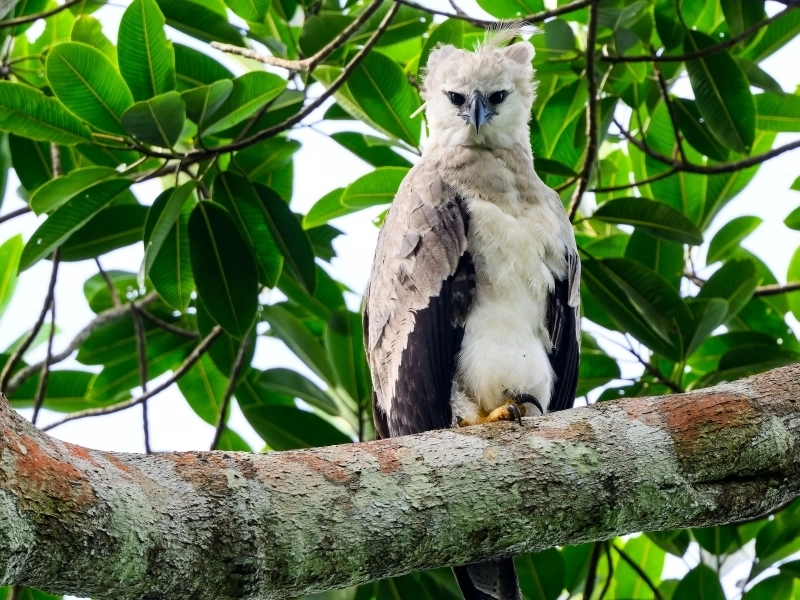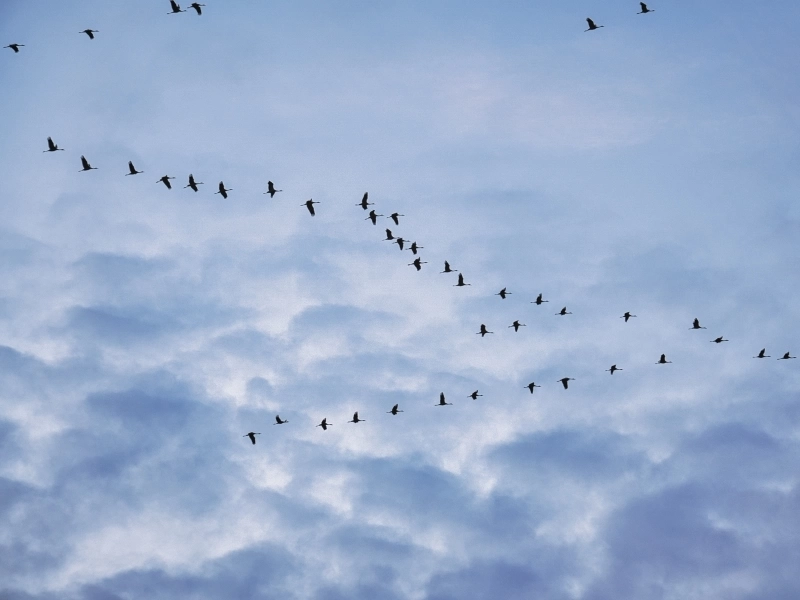News and Testimonials
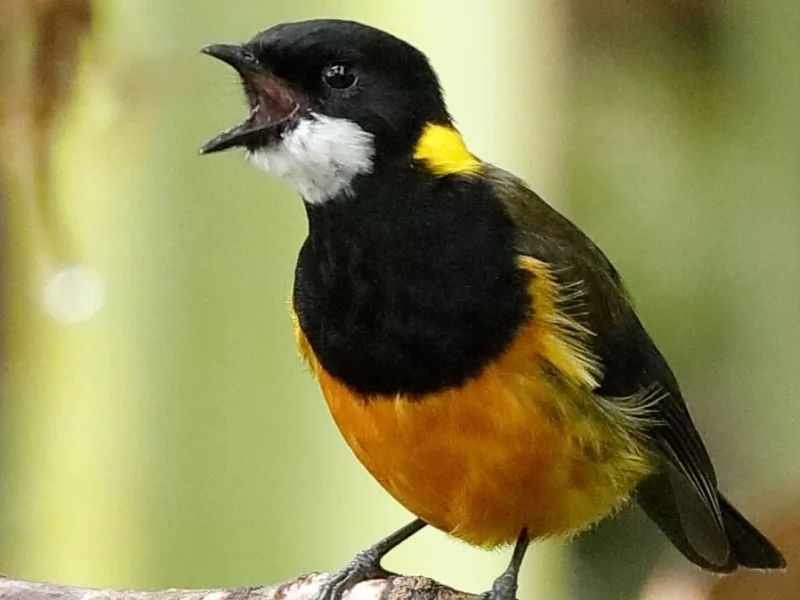
Regent Whistler & Rufous-naped Bellbird: danger in dis-skies
A scientific expedition in the jungles of New Guinea organized by researchers from the University of Copenhagen has found that two birds endemic to this land are poisonous. Genetic changes in the DNA of these birds have enabled them to synthesize a poison to keep potential predators at bay.
The first toxic bird officially documented in scientific literature was described by the French ornithologist Charles Lucien Bonaparte in 1850. We are talking about the Hooded Pitohuio (Pitohui dichrous), a discreet and elusive bird no larger than a wood pigeon, with a jet-black head, a strong dark bill and a brick-red belly.
To these look-at-me-and-don't-touch-me birds must be added the two new ones identified by Jønsson and his colleague from the University of Copenhagen Kasun Bodawatta during their scientific foray into the Papuan jungle, a trip that the protagonists described as risky because of the excannibalistic tribes that inhabit the area. They were very surprised that these two species were toxic and had developed the ability to consume toxic food and turn it into their own poison.
The poison that permeates the skin and plumage of these birds is called batrachotoxin, according to this evolutionary ecologist. It is an incredibly potent neurotoxin that, in high concentrations, such as those found in the skin of the golden dart frog - the most poisonous animal on Earth - causes muscle cramps and cardiac arrest almost immediately after contact. This is because sodium channels in skeletal muscle tissue remain open, which can cause violent convulsions and, ultimately, death.
But why are these birds immune to the poisons they ingest? Scientists have discovered that poison dart frogs, endemic to Central and South America, have genetic mutations that prevent the toxin from keeping sodium channels open, thus preventing its undesirable effects. Evolution would have endowed the poisonous birds with the same advantage; it is what biologists call convergent evolution.

